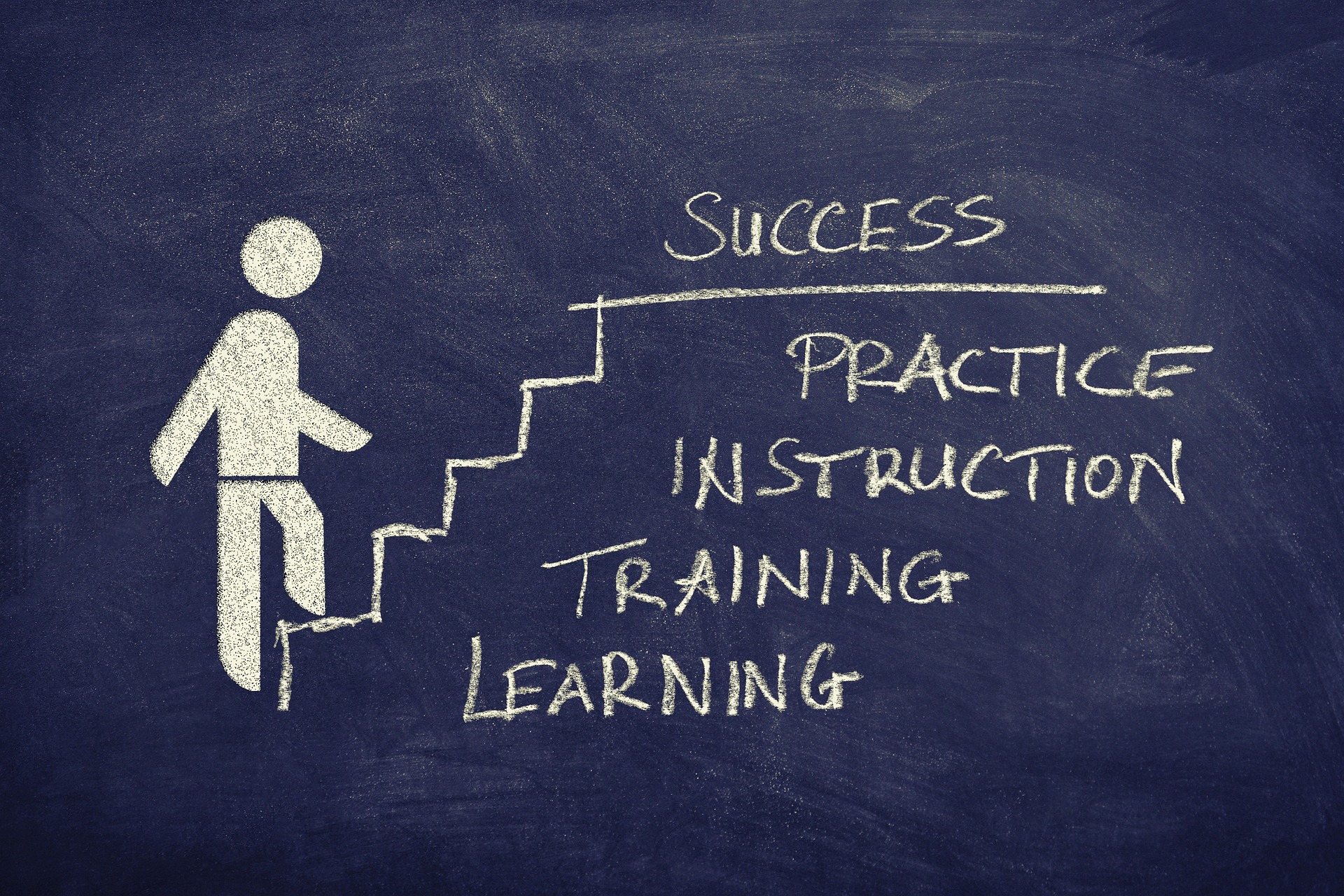
The development sector is an exciting and challenging field that offers a range of career opportunities for individuals who are passionate about creating positive change in the world. The sector encompasses a broad range of organizations, including international development organizations, non-governmental organizations (NGOs), community-based organizations, and philanthropic foundations, all of which work to address some of the world's most pressing social, economic, and environmental issues.
If you're interested in pursuing a career in the development sector, here are some key things you should know:
To be effective in the development sector, you need to have a solid understanding of the key issues that organizations in this field are working to address. This might include issues like poverty, inequality, health, education, environmental sustainability, and human rights, among others. You can gain this knowledge by pursuing a relevant degree or by taking courses or workshops in relevant topics.
In addition to knowledge of development issues, you'll also need to develop a range of skills that are relevant to the work you'll be doing. These might include project management, monitoring and evaluation, grant writing, advocacy and communications, and cross-cultural communication. You can develop these skills through internships, volunteer work, or by taking courses or workshops in relevant topics.
Practical experience is essential for anyone looking to build a career in the development sector. You can gain this experience by volunteering with a local NGO, interning with an international development organization, or working on development projects in your community. This will help you to build a network of contacts in the sector, and will also demonstrate to potential employers that you have a strong commitment to the work.
The development sector is constantly evolving, so it's important to be flexible and adaptable in your approach. This might mean working in different countries, cultures, or contexts, or being willing to take on new and unexpected challenges. It's also important to be able to work effectively as part of a team, as much of the work in the sector is collaborative.
Networking is important in any field, and it's particularly important in the development sector. Attend conferences and events, connect with other professionals in the sector, and seek out mentorship opportunities. Building strong relationships with others in the sector can help you to learn about new opportunities, build your skills and knowledge, and stay up-to-date with the latest trends and best practices.
Many professionals in the development sector have advanced degrees, such as a Master's degree in a relevant field. Pursuing advanced education can help you to deepen your knowledge and skills, and can also open up new career opportunities. Some universities even offer specialized Master's degrees in development studies or international development.
In conclusion, a career in the development sector can be rewarding, challenging, and meaningful. By developing a strong understanding of development issues, building relevant skills, gaining practical experience, being flexible and adaptable, networking and building relationships, and pursuing advanced education, you can position yourself for success in this field. Whether you're interested in working for an international development organization, a local NGO, or a community-based organization, there are many opportunities to make a positive impact and contribute to a better world.